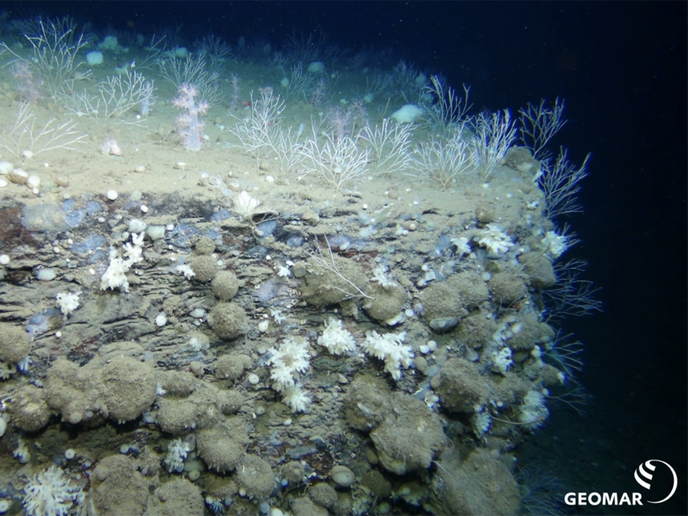Biodiversity: Bridging the science and policy gap
Changes in landscape and climate due to human activities are increasingly threatening biodiversity. Given the importance of biodiversity in ecosystem maintenance and human livelihoods, policies for sustaining the diversity of species are urgently required. Based on this, the EU-funded 'Science-policy interfaces for biodiversity: research, action and learning' (SPIRAL) project is working to improve the interface between biodiversity research and policymaking to change human behaviour and sustain biodiversity. This includes developing scientific communication strategies and advancing the connectivity between science and policy. In order to achieve this, partners need to gain insight into how biodiversity research passes on relevant information to policymakers and vice versa. A mechanism is needed to encourage social and political behaviour that reduces negative human impact on biodiversity. By specifically assessing problems related to existing science–policy interfaces, the consortium will be able to design mechanisms for improving the integration of scientific, ethical and moral principles into biodiversity-related policy. Direct experimentation will test the efficacy of these mechanisms with respect to biodiversity conservation in real-time situations. Collectively, work carried out by the SPIRAL initiative will emphasise the paramount importance of sustaining biodiversity and the role of science–policy interfaces in achieving it. Through the formulation of recommendations and better practices in this respect, project partners also hope to alert stakeholders and reshape social behaviour.







